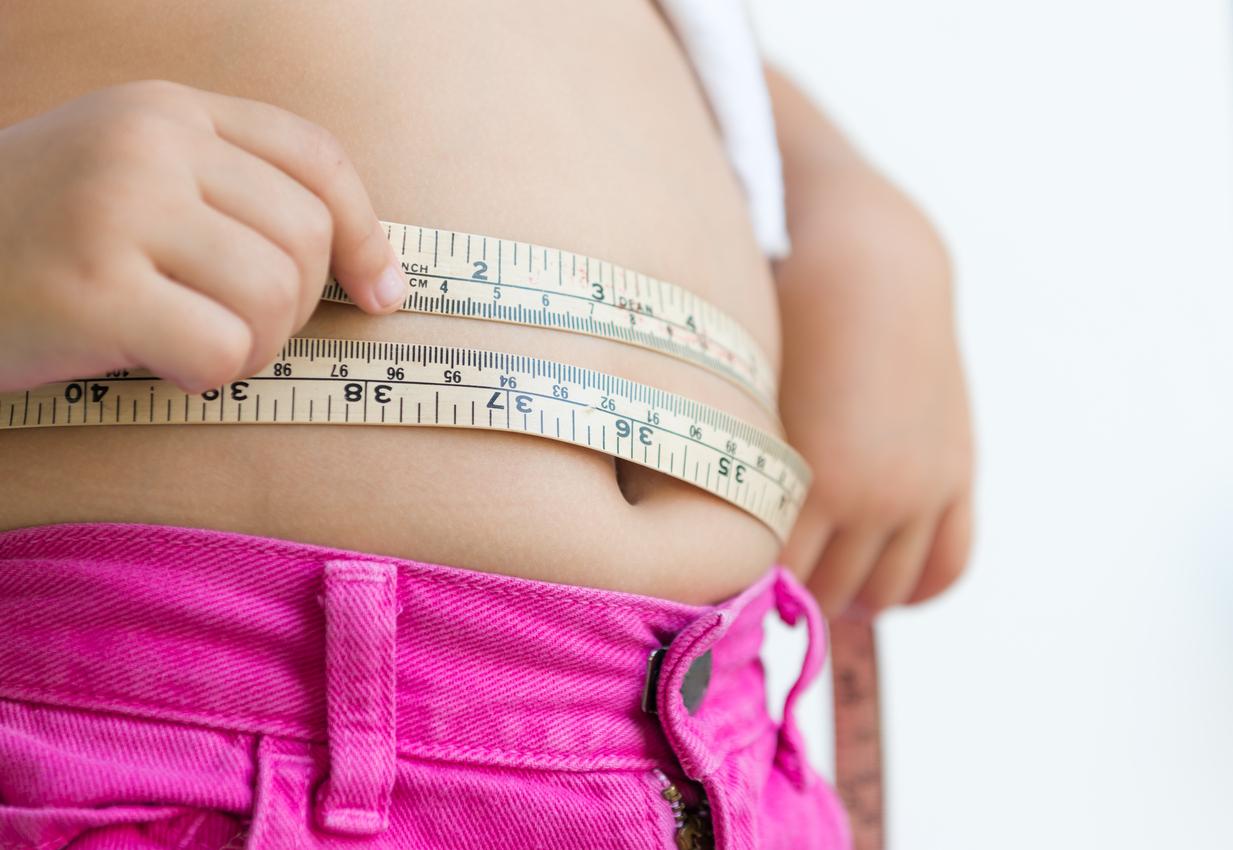Obese children as young as six could benefit from taking weight-loss jabs, researchers suggest.
About a third of children leaving primary school aged 11 are overweight or living with obesity, according to figures by the Department of Health and Social Care, putting them at risk of diabetes, stroke and some cancers later in life.
While a number of weight-loss jabs are available on the NHS in England – either to help manage weight or treat type 2 diabetes – they are only recommended for adults. In the US, the weight-loss jab Wegovy is approved for 12- to 17-year-olds with obesity.
A US study published in JAMA Paediatrics suggests weight-loss jabs such as Wegovy and Mounjaro could help children as young as six with obesity and type 2 diabetes.
However, researchers found stomach problems were “significantly more common” among youngsters taking the drugs.
About 1.5 million people in the UK take drugs such as Mounjaro, Ozempic and Wegovy to deal with conditions such as obesity and diabetes.
The medications, known as GLP-1 agonists, predominantly treat diabetes but are also available on the NHS or via private providers to help adults with a high body mass index.
The drugs are mainly used to control blood sugar levels, but they also reduce food cravings and, as a result, can cause rapid weight loss.
Experts in the US carried out a review and meta-analysis of 18 trials involving GLP-1 agonists in youngsters aged six to 17.
Overall, the studies included 1,402 children and compared the effectiveness of GLP-1 agonists to placebo treatment in youngsters who were obese, overweight, had pre-diabetes or type 2 diabetes.

Researchers found the drugs “significantly improved” the likes of blood sugar control and weight in obese children and those with type 2 diabetes.
However, they highlighted that “gastrointestinal adverse events”, which can include nausea, vomiting, diarrhoea and constipation, were “significantly more common” among those taking the drugs.
Writing in the journal, researchers added that longer follow-up periods in future trials and more real-world studies are “essential to establish the long-term effects of GLP-1 drugs in children and adolescents”.
The latest data published by the NHS shows 22.1 per cent of children in Year 6 (aged 10 to 11) in England were obese in 2023-2024, down from 22.7 per cent in 2022-2023.
Despite falling for a third year in a row, the figure is still higher than in the years before the pandemic.
Elsewhere, the government’s national child measurement programme found around one in 10 children joining primary school in England were obese in 2023-2024, up from 9.2 per cent in 2022-2023.
Naveed Sattar, professor of cardiometabolic medicine at the University of Glasgow, said: “We need more safety assessments for newer medicines, including impacts on growth and puberty and to consider for how long such drugs are needed. It should be noted that we cannot solve childhood obesity by drugs alone – prevention by changing the obesogenic environment is the key, but incredibly hard to do as no country has really solved this issue.”







